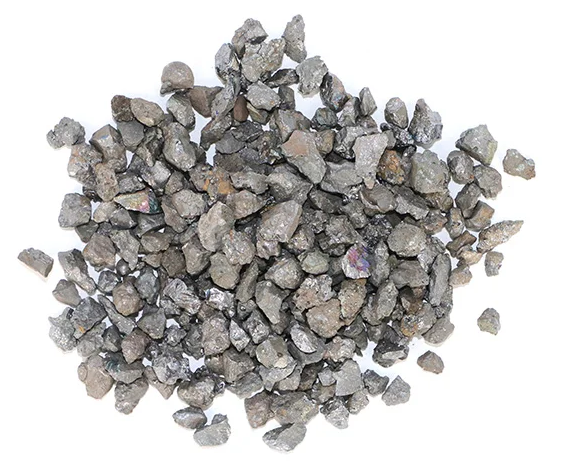Silicon slag, a by-product of silicon metal production, is often considered waste in the industrial process. However, this seemingly insignificant material holds immense value across various sectors, particularly in metallurgical applications. Let's delve into the uses and benefits of silicon slag, highlighting why it is an essential resource in modern industry.

Understanding Silicon Slag
Silicon slag is produced during the refining of silicon metal. It consists of impurities and residual silicon that did not fully crystallize during the primary production process. Despite being a by-product, silicon slag contains a significant amount of silicon and other valuable elements, making it a cost-effective and resourceful material for various applications.
Primary Uses of Silicon Slag
Steelmaking
One of the most prominent uses of silicon slag is in the steelmaking industry. It acts as a deoxidizer, helping to remove oxygen from molten steel. This process enhances the quality of steel, making it stronger and more durable. Silicon slag is an economical alternative to pure silicon, providing the necessary silicon content at a lower cost.
Casting Industry
In the casting industry, silicon slag is used to improve the performance and quality of cast iron. It helps in controlling the temperature and composition of the molten metal, leading to better casting outcomes. The use of silicon slag ensures a smoother casting process and results in cast products with improved mechanical properties.
Alloy Production
Silicon slag plays a crucial role in alloy production. It is used to manufacture various silicon-based alloys, which are essential in producing specialized materials with specific properties. The silicon content in the slag helps in achieving the desired characteristics of the alloy, such as strength, hardness, and resistance to corrosion.
Deoxidization in Metallurgy
Beyond steelmaking, silicon slag is widely used as a deoxidizer in different metallurgical processes. Deoxidization is a critical step in refining metals, as it removes unwanted oxygen, thereby enhancing the purity and quality of the final product. Silicon slag provides an efficient and cost-effective solution for this purpose.
Benefits of Using Silicon Slag
- Cost-Effective: Silicon slag offers a more affordable alternative to pure silicon while still delivering the required benefits in metallurgical applications.
- High Silicon Content: Despite being a by-product, silicon slag contains a significant amount of silicon, making it a valuable resource for various industries.
- Sustainability: Utilizing silicon slag promotes sustainable practices by reducing industrial waste and making the most of available resources.
- Improved Product Quality: The use of silicon slag in steelmaking, casting, and alloy production enhances the mechanical properties and overall quality of the final products.
Environmental and Economic Impact
The utilization of silicon slag is not only beneficial for industrial processes but also has a positive impact on the environment and economy. By recycling and reusing this by-product, industries can reduce waste, lower production costs, and contribute to a more sustainable future.
Silicon slag, once considered merely a waste product, has proven to be a valuable resource with diverse applications in the metallurgical industry. Its role in steelmaking, casting, and alloy production, coupled with its cost-effectiveness and sustainability, makes it an indispensable material in modern manufacturing processes. By leveraging the benefits of silicon slag, industries can enhance product quality, reduce costs, and promote environmentally friendly practices.
For more information on silicon slag and its applications, or to inquire about purchasing high-quality silicon slag.
